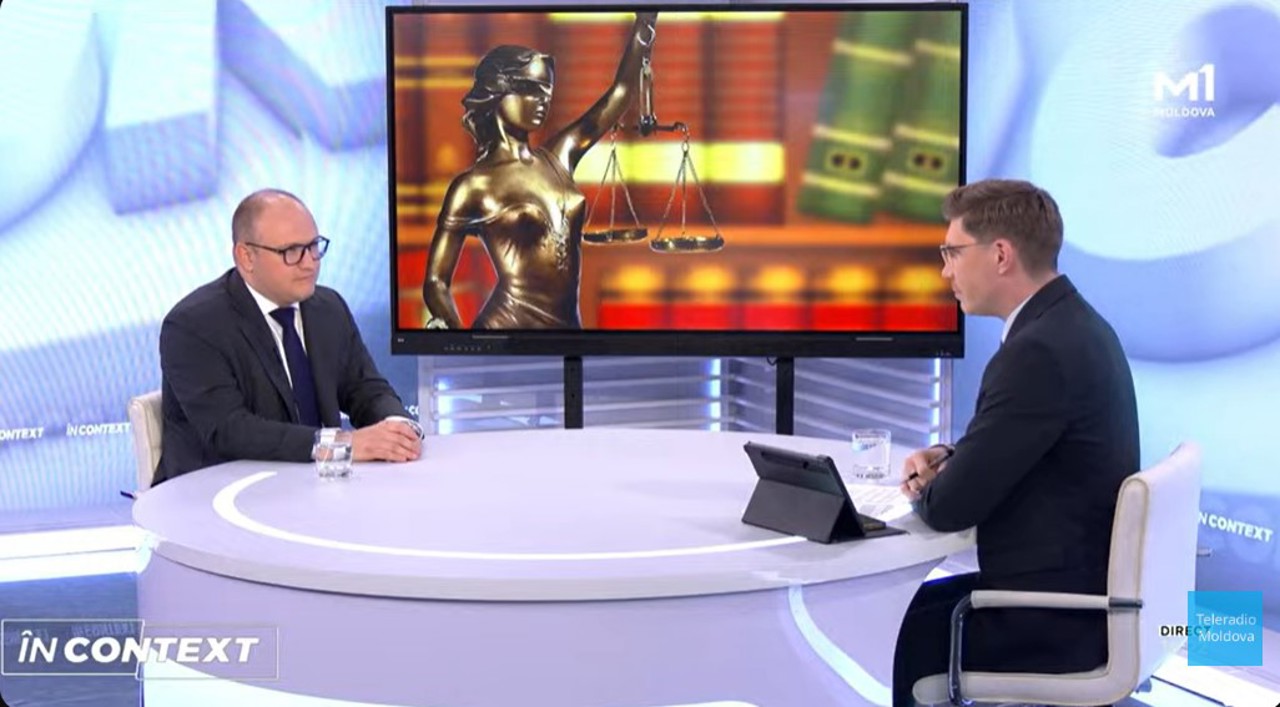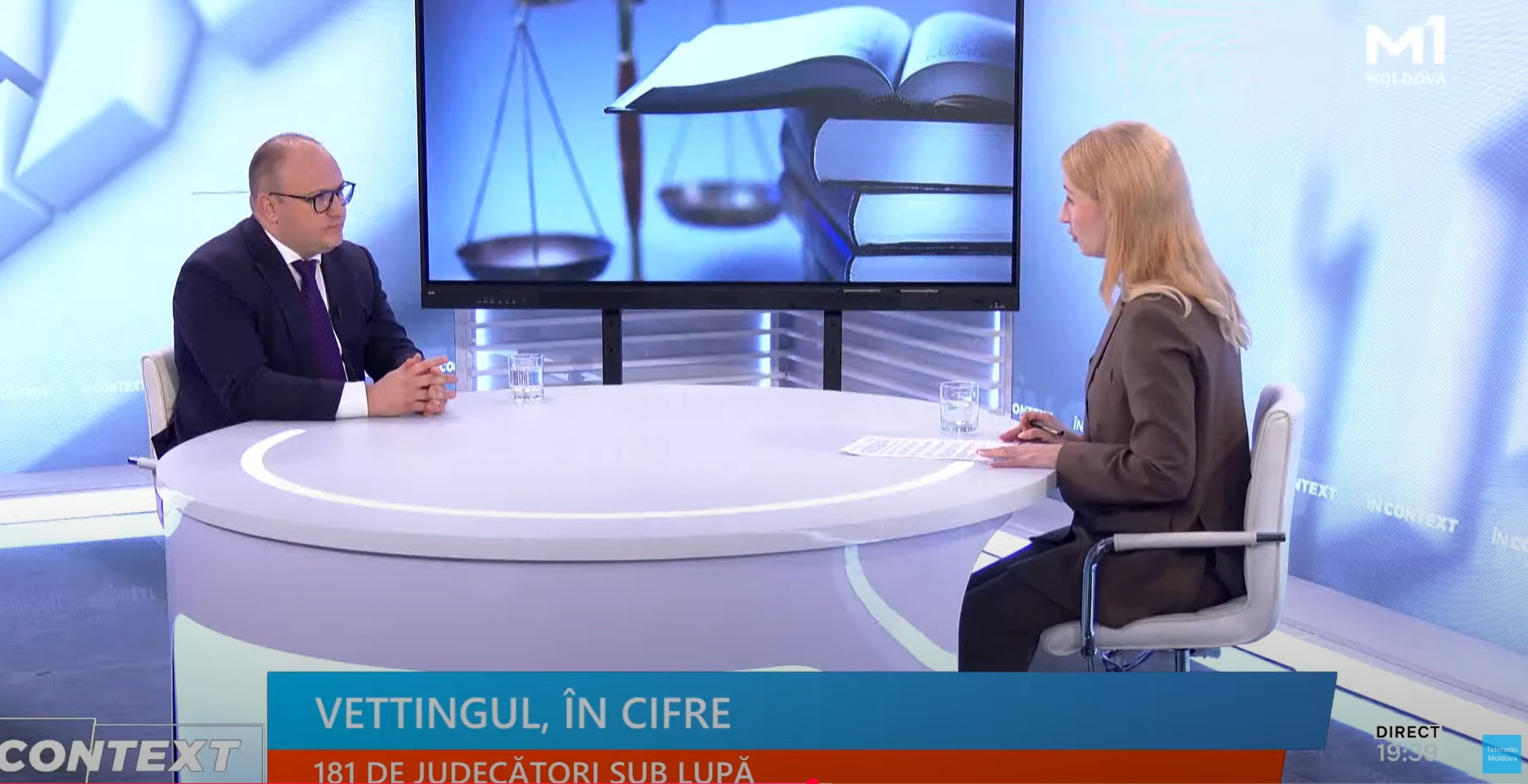Vetting Commission chairman: Moldova is determined to make progress in justice, but much work is needed

"Moldova has the opportunity and determination" to make significant progress in justice, necessary for opening EU accession negotiations, but "a lot of work and perseverance in the coming months" will be required, says the president of the vetting commission, American jurist Scott Bales.
Invited to the video podcast "On the Agenda" by Europa Liberă, the president of the vetting commission, former American judge Scott Bales, said that "Moldova can make further progress in judicial reform," considering that the European Commission has conditionally recommended the opening of accession negotiations for Moldova, demanding progress in the justice sector.
Bales believes that the work of the members of the vetting commission, who initially verify the ethical integrity and assets of the judges of the Supreme Court of Justice, will contribute to these progress.
He praised Moldova's "great and difficult" commitment to cleansing the justice system of corrupt individuals, a process that began with the verification of candidates for positions in the self-administration bodies of judges and prosecutors and will continue with similar assessments of judges and prosecutors.
"It is [a disruptive process] in the sense that some judges will resign or, perhaps, ultimately be removed from office. It is difficult because evaluations require time, human resources, and financial resources," explained Bales.
The former American judge, who was included in the vetting commission at the suggestion of Moldova's international partners, argues that to avoid blockages in justice that could be caused by resignations, a system for identifying and appointing new judges should be "fine-tuned." Justice reform, which seems to be progressing more slowly than hoped by authorities and citizens, "does not happen overnight," says Bales.
"I think some people have been frustrated that the process is not moving faster, and I think that could be reflected in a kind of impatience for those who do not appreciate how difficult the process is," says Scott Bales, the president of the vetting commission.
What else you can learn from this interview:
· At what stage is the evaluation of judges and candidates for judge positions of the Supreme Court of Justice?
· What are the biggest challenges for members of the vetting commission in the process of verifying Moldovan judges?
· What lessons about justice reform could Moldova take from Albania, where a similar reform has begun?
· How can Moldova avoid a justice blockade if several judges and prosecutors resign or are dismissed after being vetted by the commission?
Radio Europa Libera Moldova - moldova.europalibera.org

.svg)












.webp)




